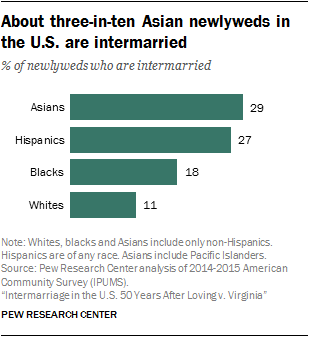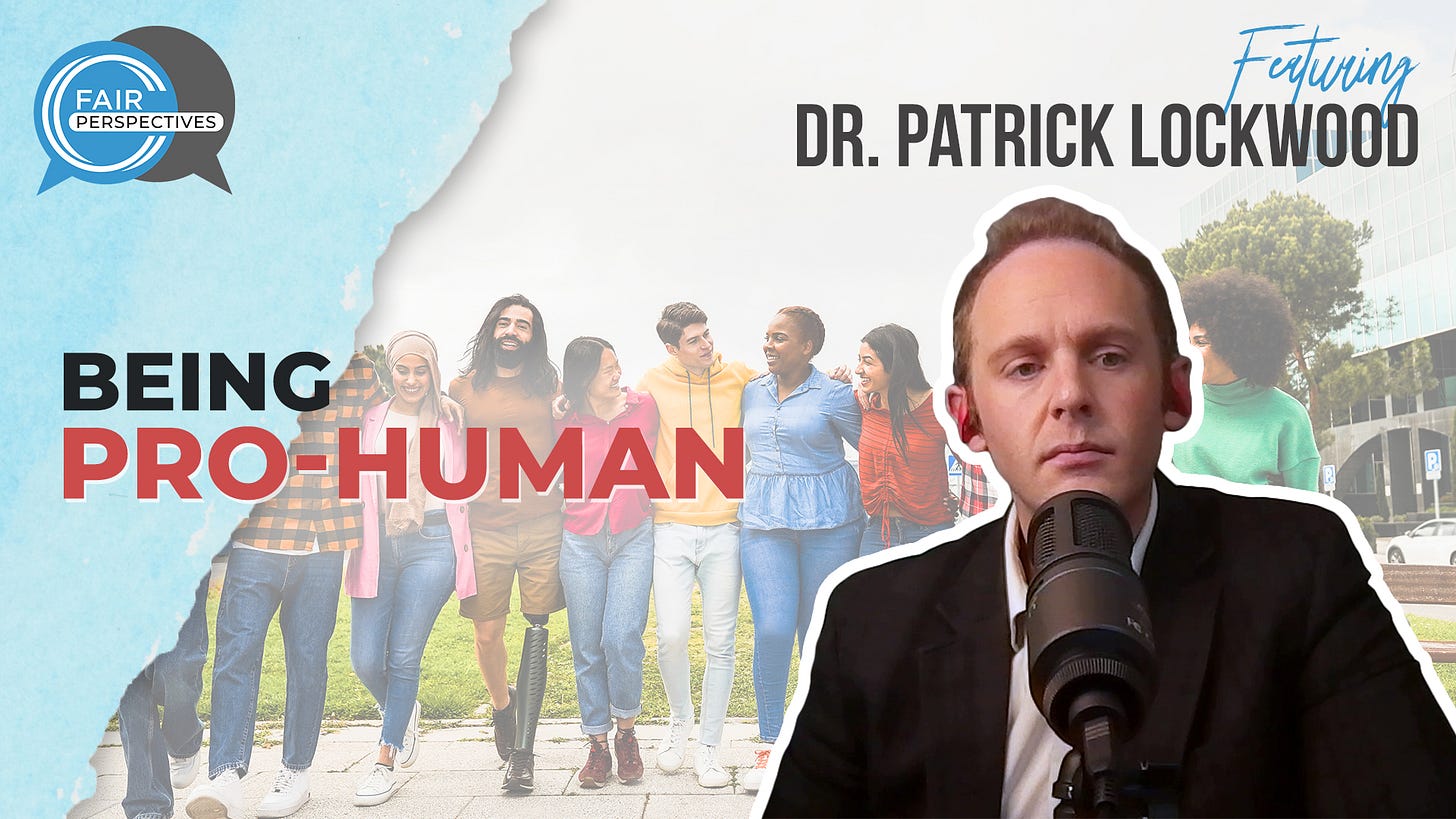Dear Friends of FAIR,
Under current legal precedent, colleges and universities may consider applicants’ “race” in making admissions decisions. However, the Supreme Court is currently reconsidering that doctrine in Students for Fair Admissions v. Harvard College and Students for Fair Admissions v. University of North Carolina. On October 31, 2022, the U.S. Supreme Court heard oral arguments. The skepticism toward “racial preferences” by a majority of the Justices was clear, and a potentially precedent-changing decision is expected by June 2023.
Earlier this year, FAIR’s legal team and network counsel filed an amicus brief in support of Students for Fair Admissions. Our pro-human mission and philosophy means that we advocate for treating people as unique individuals who share a common humanity, and not as representatives of identity groups. Many policies and programs intended to ensure equal opportunity for all individuals, including those from historically underrepresented groups, align with our values of fairness, understanding, and humanity. However, policies or programs that discriminate against or advantage individuals based on skin color or ethnicity in order to achieve group-based outcomes are inconsistent with FAIR’s principles.
As FAIR’s Chief Legal Officer Letitia Kim states in the brief:
It is a given that the competition for limited spaces at elite institutions is nothing if not fierce. In a just world, any student selected for admission should be confident that criteria were fair and evenly applied. Where immutable traits are added to the admissions mix, this perception of fairness may be cast into doubt. Group preferences stigmatize individuals of African and Latino descent. Many individuals have described the demoralizing self-doubt they experienced from wondering whether they received their positions only as a means to fill a hidden quota.
Two generations ago, my father, an immigrant from Mexico, benefitted from programs that gave him access to job opportunities and scholarships that were not available to my mother, whose Ashkenazi ancestry had imbued her with lighter skin. My wife, who immigrated to North America as a refugee from Ukraine when it was part of the former USSR, was similarly excluded from work and educational opportunities due to her ancestry. At what point can we start to hold every person to the same standards, and seek to grant them access to the same opportunities—regardless of skin color, ancestry, gender, sexual orientation, or other immutable characteristics?
Discriminating against a person based on the color of that person’s skin upends this nation’s foundational tenets of equality, while sacrificing our humanity in the process. Hard-earned principles and freedoms formed over centuries through the democratic process should not be abandoned. Treating applicants as representatives of identity groups, rather than as unique individuals with intrinsic value, elevates institutional interests over individual rights. In turn, this promotes division, resentment, and dehumanization.
America is increasingly a country of people with “mixed” ancestry. Last year, an overwhelming 94% of U.S. adults approved of marriages between people racialized as “black” and people racialized as “white,” up from 87% in 2013. The change in attitude toward intermarriage over the past two generations is striking—just 4% approved when Gallup first asked the question in 1958. And it’s not just opinions that have changed. In 1967, the year that the Supreme Court struck down “anti-miscegenation” laws in Southern states with the landmark Loving v. Virginia decision, only 3% of marriages in the U.S. were between people of a different “race” or ethnicity.
By 2015, those rates had increased more than five-fold:
For U.S.-born Americans with Asian or Latin American ancestry, today the rate of marriage to a person with a different “race” or ethnicity is even higher—46% and 39% respectively.
The wound that remains on our national psyche from the legacy of historical injustices and racism will never fully heal if our institutions continue to impose increasingly meaningless racial classifications upon consecutive generations of youth. Our country has made immense progress toward overcoming the false construct of “race” since the start of the civil rights movement almost 70 years ago. In our Amicus Brief, FAIR urged the Court to rule in favor of the petitioner and reverse the decision of the Court of Appeals for the First Circuit. We are hopeful that they will make the right decision.
Let’s keep moving forward, together, toward a pro-human future.
Yours,
Bion
__
Bion Bartning
bion@fairforall.org
Want to help advance civil rights and liberties for all, and promote a common culture based on fairness, understanding, and humanity? Sign up for a free subscription today!
FAIR in the Arts Community Meetup
Join us on Wednesday 11/30 from 7-9 pm EST to hear updates on FAIR in the Arts' ongoing initiatives, participate in discussion groups with the team and Fellows, and meet others who share pro-human values and who want to make a difference in their own communities. Arts practitioners, advocates, and media professionals—anyone who wants to create a culture where artists and others are free to express themselves—are welcome.
We are also pleased to share the FAIR in the Arts Community Calendar! Click here to add this to your own Google Calendar and keep track of events that are hosted by FAIR in the Arts, feature Arts Fellows, or of interest to our community.
FAIR Book Club: Ian Rowe’s Agency
FAIR’s Book Club meets monthly with a goal to read books that challenge and deepen our understanding of humanity and fairness, while enriching our sense of what it means to be pro-human.
The FAIR in Education Fellows invite you to our next book club meeting on November 30th, where FAIR Advisor Ian Rowe will join us to discuss his book, Agency: The Four Point Plan (F.R.E.E.) for All Children to Overcome the Victimhood Narrative and Discover Their Pathway to Power.
We hope you will join us as we dig into the sage wisdom and advice offered in this phenomenal book.
Illiberalism in Medicine: a Conversation with Heather MacDonald and Sally Satel
Join FAIR in Medicine for our webinar Illiberalism in Medicine: A Conversation With Heather MacDonald and Sally Satel hosted by FAIR Board of Advisor, Co-Founder & CEO of Vertex Partnership Academies, and AEI Senior Fellow Ian Rowe. How is DEI affecting medical training and practice? What are solutions to illiberalism in healthcare? Hear from Manhattan Institute Fellow and New York Times bestselling author, Heather MacDonald, and AEI Fellow, author, and practicing psychiatrist Sally Satel, MD. To learn more about their thoughts, read Heather MacDonald’s The Corruption of Medicine and Sally Satel’s What Is Happening to My Profession?
Rights and Responsibilities: A Symposium for School Board Members
The importance of school boards has come to the forefront in recent years. Join us at the Great Wolf Lodge in the Wisconsin Dells from the evening of Thursday, December 15th to Saturday, December 17th to learn more about your rights and responsibilities as a board member, and how to approach your local community leadership position using FAIR’s principles of fairness, understanding, and humanity.
Presenters include FAIR Advisors Robert Pondiscio, Adam Seagrave, and Zander Keig, along with Cory Brewer, Jennifer Meinhardt, and FAIR Action Fellow Tanya Simons.
Registration is FREE and open to all!
FAIR Summer Internship Program
Applications are now open for our full-time summer internship program for highly motivated and open-minded undergraduate students.
Ideal candidates value curiosity, compassion, and courage, have excellent communication and leadership skills, and show a passion for FAIR’s pro-human values and vision. This internship provides students with real-world experience in a nonpartisan, dynamic, and mission-driven organization, while also empowering students to become ambassadors for FAIR’s mission. See what Summer 2022 Interns have to say about their experience below.
The internship is fully remote, except for an in-person orientation during the first week of the internship. Over the course of the internship, interns attend weekly all-hands meetings and work with a specific team to assist with new and ongoing projects. As a cohort, interns attend lunch & learns and seminars with thought leaders who promote our pro-human mission. Interns are expected to return to campus with a plan for bringing FAIR’s mission and approach to their respective colleges and universities.
FAIR Perspectives Podcast
This week on Fair Perspectives, we speak with with Dr. Patrick Lockwood. Patrick is a practicing clinical psychologist and professor and the author of The Fear Problem: How Technology and Culture have Hijacked our Minds and Lives. Dr. Lockwood focuses on trauma and addiction treatment. He also has a podcast on YouTube about topics related to mental health, wellness, psychology, and neuroscience called The Psychology Checkup. And in this episode, we discuss his background as a psychologist, how he treats patients with unjustified fears. The pros and cons of social media, pineapple on pizza (spoiler alert: he's anti), the oversimplification on both sides of the trans debate, the sex-gender distinction, the overmedication of children, and the tendency for psychology to over-correct.
FAIR News Podcast
For audio versions of our FAIR News and FAIR Weekly Roundup newsletters, subscribe and listen to FAIR News Weekly on Apple Podcasts, Spotify, Google Podcasts, or via RSS feed.
Join the Pro-Human Movement with FAIR Merch!
How to Deal with Hatred: Featuring FAIR Advisory Board member Zander Keig
"When I was angry, I doubt I changed a single mind. The man who walked away from me in Denver, if I had not apologized to him, I am fairly certain he would have returned home to come up with every reason in the world why he was right and I was wrong. But when I engage people with friendship, conversation, and genuine interest, that attitude is so often returned back to me. I know I’ve helped others find acceptance that way, because I’ve seen the proof."
FAIR Educators Alliance & Administrators Alliance Happy Hours
Teachers often feel isolated and alone in their schools, but FAIR is here for you! The FAIR Educators Alliance brings together educators from all levels to share experiences and concerns and work on developing resources that can support teachers, community members, and FAIR chapters.
FAIR’s Educator’s Alliance is hosting an informal happy hour every other Thursday evening, alternating between beginning at 7:00 p.m. and 8:00 p.m. ET, and will hold more formal monthly meetings that will address issues based on your interests and needs.
If you’re a K-12 school administrator, we’re here to support you too! You’re invited to join the FAIR Administrators Alliance, which holds meetings the last Thursday of every month at 1:00 p.m. ET!
All teachers and administrators are welcome! For more information and to subscribe to the calendar, reach out to educators@fairforall.org.
Calling all FAIR Member Librarians and Library Staff! FAIR has established a network for members to connect and discuss key issues affecting their profession, advance pro-human principles, and preserve academic freedoms in library systems. The group meets biweekly.
Please contact tanya.simons@fairforall.org if you are interested in joining!
Join the FAIR Community
Become a FAIR volunteer or join a FAIR chapter:
Join a Welcome to FAIR Zoom information session to learn more about our mission, or watch a previously recorded session in the Members section of www.fairforall.org.
Take the Pro-Human Pledge and help promote a common culture based on fairness, understanding, and humanity.
Join the FAIR community to connect and share information with other members.
Share your reviews and incident reports on our FAIR Transparency website.
















Yes. An eye for an eye will make the whole world blind, as Gandhi famously said. Historical racism towards non-white Americans is obviously true and horrific. The answer to that, however, is not to start essentially a new cultural Jim Crow by dividing everyone into competing groups, giving preference to some and not to others. Didn’t we already figure out that doesn’t work? Like the article said: more and more people are marrying outside their race; this is a good thing! It’s the radical lefties who always say race is a construct. Yes! It is! So why don’t we move beyond it? We can find ways to help those in need without destroying merit, without ruining western liberalism. And the fight for racial justice started far before the civil rights movement in the 60s. I’m currently reading the autobiography and letters of Thomas Jefferson: he pitched the idea of ending slavery in the Declaration of Independence, but it was rejected by the other colonies. He pitched the 1783 Northwest Ordinance which ended the slave trade in New England. Yes: he had slaves. But, like most of the founders, he grasped that slavery was a moral stain and must be discontinued.
Michael Mohr
‘Sincere American Writing’
https://michaelmohr.substack.com/